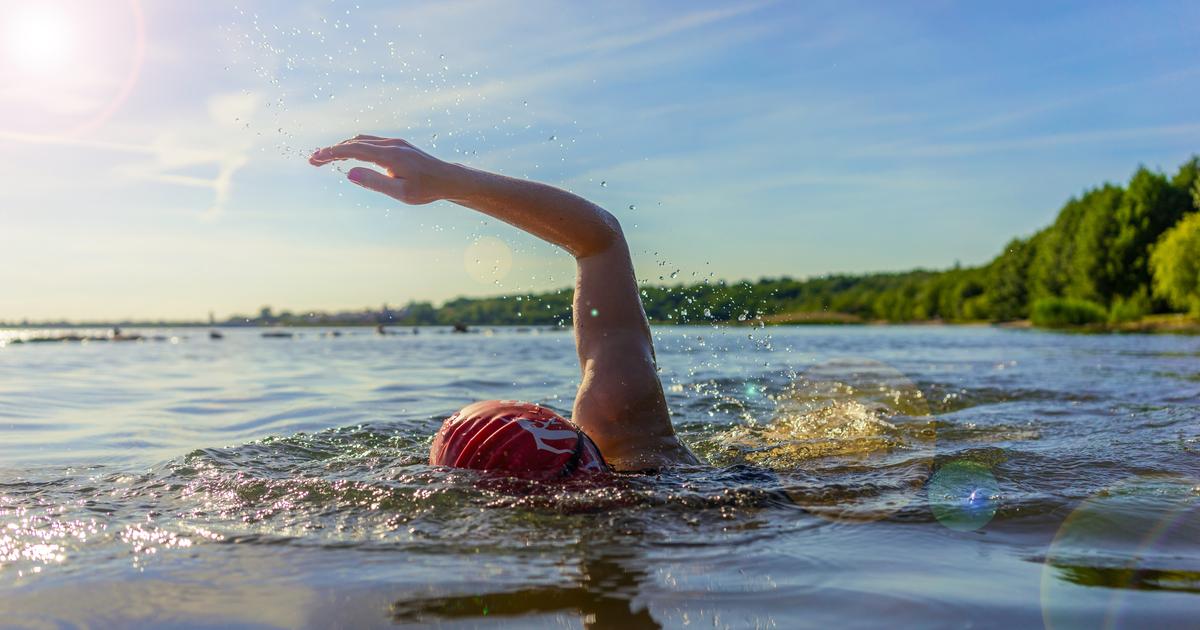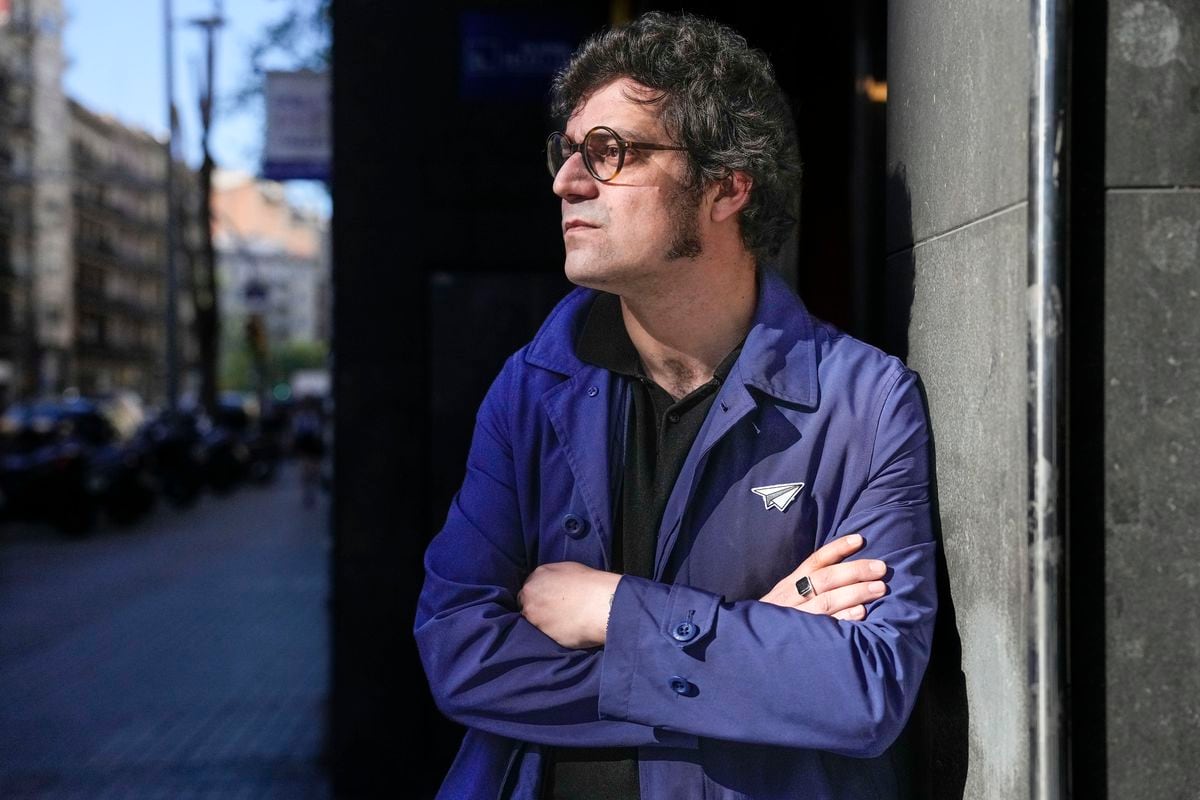If the weather allows it, the French like to swim, whether in a swimming pool or in the natural environment.
If the practice of swimming in nature is authorized, it is nevertheless supervised.
Swimming in a river or a pond, what does the law say?
To discover
True or false: fight misconceptions about the garden
What is bathing water?
The Public Health Code considers that rivers, ponds and lakes are bathing waters.
On the contrary
, the swimming pool is not one.
The definition of bathing water is given by article L1332-2 of the Public Health Code: it is
"any part of surface water in which the municipality expects a large number of people bathe and in which the competent authority has not permanently prohibited bathing.
Are not considered as bathing water:
swimming and spa pools;
captive waters that are subject to treatment or are used for therapeutic purposes;
artificial confined waters separated from surface waters and groundwaters”
.
What regulations for swimming in the river or pond?
Swimming
is free
in a pond or river, without restriction.
Unless there is a prohibition against it.
The law does not prohibit a swimmer from bathing in a river or a pond.
It is therefore perfectly possible to indulge in the pleasures of swimming in a natural environment.
There are no specific times for swimming.
Not more than one season in the year more authorized than another.
The law establishes three cases of bathing:
swimming in the river or pond
undeveloped swimming pools
bathing prohibited
And three alternatives for the swimmer:
authorized and supervised swimming
authorized and unsupervised swimming
bathing prohibited
Bathing facilities: regulations
A bathing facility includes a
"portion of land contiguous to bathing water on which facilities have been made to promote the practice of bathing"
(article D1332-39 of the Public Health Code)
.
In concrete terms, these are hard installations, such as car parks, restaurants, playgrounds or toilets.
Organized swimming is subject to the obligation of physical surveillance (article D322-11 of the Sports Code).
It is up to the municipality to set up this monitoring.
The mayor defines the ponds and rivers to be monitored, as well as the monitoring periods.
Outside of these periods of supervision, the bathing provided becomes an unsupervised and not prohibited bathing.
Anyone who bathes does so at their own risk.
Unequipped swimming: regulations
Swimming in an undeveloped natural environment, such as a pond, lake or river, is possible.
But without obligation of supervision of the municipality: any person who bathes does so at his own risk.
According to case law, the mayor is not required to inform bathers of the usual risks they incur by bathing in a natural environment
(
CE, February 26, 1969
)
.
On the other hand, he is required to indicate, by the presence of panels, the specific dangers of a watercourse.
For example, the existence of quicksand
(
CAA Nantes, March 21, 1990
)
.
An undeveloped and unsupervised swimming pool, but regularly frequented, must be the subject of specific signage from the mayor indicating that it is not supervised.
It must also be secured by the installation of a means making it possible to quickly alert an emergency center
(
CE, May 13, 1983
)
.
A call terminal or a telephone box for example.
Swimming in the river or pond may be limited or prohibited
By virtue of his police powers, the mayor of a municipality can limit, or even prohibit, swimming in a pond or a river.
He may do so for reasons of
safety
(quick sand, strong currents, rocks, etc.) or
public health
(presence of green algae, bacteria, hydrocarbon pollution, etc.).
Read alsoWhat toxic elements are found in bathing water?
In this case, a municipal or prefectural decree must be taken to prohibit swimming.
Signs informing of the prohibition must also be installed around the area concerned.
The bather who does not respect the prohibition, in addition to the risk of drowning or a health condition, exposes himself to the payment of a fine.
To note
A body of water may be partially prohibited.
A part of bathing can be authorized while the other prohibited to the public.
Swimming in the river or pond, what responsibility for the mayor?
In terms of administrative police, the mayor is responsible for maintaining public order, such as good order, public safety, security and sanitation.
It is also responsible for securing bathing.
The mayor who does not respect the obligations of surveillance or signaling of bathing in the natural environment engages his criminal liability, on the basis of the endangerment of others
(article 121-3 of the Penal Code)
.
Or even more serious, on the basis of homicide or unintentional injuries in the event of drowning.
Good to know
: to engage the criminal liability of the mayor, or the municipality, the victim must file a complaint in order to inform the courts that an offense has been committed.











